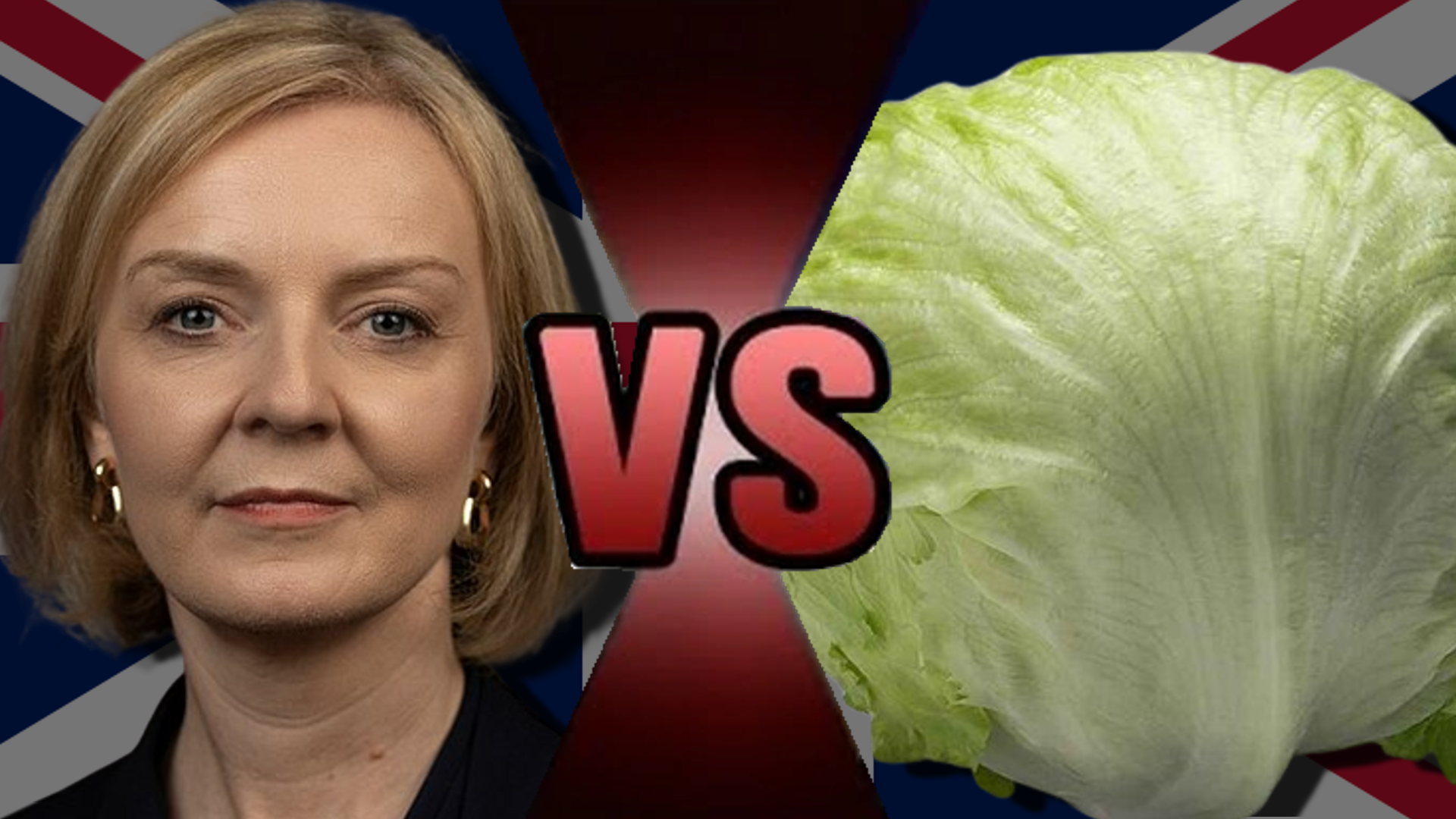Memes have become central to political messaging around the world, created both by voters and – increasingly – politicians themselves.
Dr Medusa says she would much rather be doing other things than posting multiple memes a day about Indian politics on social media – namely spending time with her dogs, whom she introduces during our interview.
“I look forward to the day when I don’t have to make videos. But at my heart I am an anti-establishment person. I think it is my responsibility to hold whoever is in power accountable.”
An academic by profession, Dr Medusa – an alias – is one of a number of “memelords” who will have their work cut out in 2024 as record numbers head to the polls around the world.
Memes have come a long way since the early days of stick drawings and stock images, overlaid with a sardonic message and posted on obscure corners of the internet. They have become mainstream, and are a big part of how social media users react to politics.
Memes have also been taken up by their traditional targets – politicians – who have started using them too, with varying degrees of success. Donald Trump used memes to paint 81-year-old US President Joe Biden as the senile ‘Sleepy Joe’ and undermine his campaign for the US presidential election in 2019. Though the memes failed to stop Biden from winning, they still cause him problems as he seeks re-election this year.
British Prime Minister Rishi Sunak’s recent rain-soaked election announcement also provided ample fodder for meme-makers.
Forced to work in the rain unnecessarily?
Join a union. pic.twitter.com/yiq1jamHIT
— Trades Union Congress (@The_TUC) May 22, 2024
The motivation behind the memes
Dr Medusa is active on all the main social media platforms, but she is most dedicated to X, where she has 130,000 followers. Her videos poke fun at India’s political establishment, mocking Modi’s Hindu nationalist Bharatiya Janata Party (BJP) as well as the media and the electoral regulators.
The recent Indian election was the world’s biggest, involving 970 million registered voters. Although the BJP failed to win an outright majority, they won enough seats to ensure that Modi would serve a third consecutive term as prime minister. This was an outcome Dr Medusa had fought hard to prevent.
Since Modi was first elected in 2014, the BJP’s messaging has become increasingly Islamophobic.
Muslims are India’s largest ethnic minority group, accounting for roughly 15 per cent of its population, whereas the Hindu majority makes up about 80 per cent.
Dr Medusa says the Electoral Commission of India and traditional media were slow to hold the BJP accountable.
“The satire helps me do that because traditional media and the language of the media is falling short of exposing the realities of the current times,” she says.
“I use all sorts of linguistic tools to poke fun at them, their policies, and the things they do. Through that comedy I evoke the tragedy that is actually going on right now.”
One of her videos compared the Electoral Commission of India to a lazy son who fails to react to his mother’s stories about the BJP’s transgressions. But, when he hears someone say a similar sounding word to the BJP’s rival party the Indian National Congress, he leaps into action.
What if ECI had a desi Mother? #ECIwakeuphttps://t.co/7og8ZfIUNa pic.twitter.com/OIcdm2HvvI
— Dr.Medusa (@ms_medusssa) May 6, 2024
Dr Medusa’s jovial demeanour belies the fact that she regularly receives death and rape threats.
Though she shows her face, her alias and the medium of the meme grant her some anonymity.
Lecturer in digital cultures at Queen Mary University of London, Dr Cristina Moreno-Almeida says that “one of the important things [in] the case of India and many other places, especially authoritarian regimes, is the anonymity of memes”.
“You can use that to go beyond the red lines that each country has, whatever they might be.”
She says that while in India it is speaking out against Modi and the BJP that is taboo, elsewhere, as in Morocco, it could be criticising the monarch rather than his political proxies.
The Upshot
Audrey Halversen, a researcher at the University of Michigan and co-author of a study on memes, says this anonymity can be a double-edged sword.
She says in extreme cases memes become vehicles for hate speech as their creators hide behind anonymity. But they can also drive engagement in political issues.
“The really interesting thing is that people who don’t care much for politics are involved in politics [through memes] at all. This suggests that memes are a low-stakes way for a variety of people to get involved in politics and comment on political issues.”
The political memes that go viral do not always seek to influence voters, such as the meme which pitted former UK Prime Minister Liz Truss against a lettuce in a battle for survival – which she promptly lost. This year, another meme mockingly photographed her recently published memoir, 10 Years to Save the West, in the science fiction section of a bookshop.
Spotted in a bookstore in the City of London just now… pic.twitter.com/CTdsaFeBbk
— Nick Tyrone (@NicholasTyrone) April 17, 2024
Dr Rosalynd Southern, lecturer in political communication at the University of Liverpool, says such memes are influential with less politically-engaged voters.
“People use these short calls or jokes to decide whether they like someone or not.”
The political implications are also important when considering the demographics of social media audiences.
Millennials (born between 1981 and 1996) and Gen Z (born between 1997 and 2012) make up most of social media users worldwide. They are also two of the largest demographic voting groups, though they have historically had low turnouts at elections.
Neither Southern nor Halversen can say whether the increased political engagement memes will translate into an increase in votes.
But, they agree, that is all the more reason to keep watching to find out.
Feature image: Liz Truss VS Daily Star Lettuce. Photo credit: Di/Wikimedia Commons.

